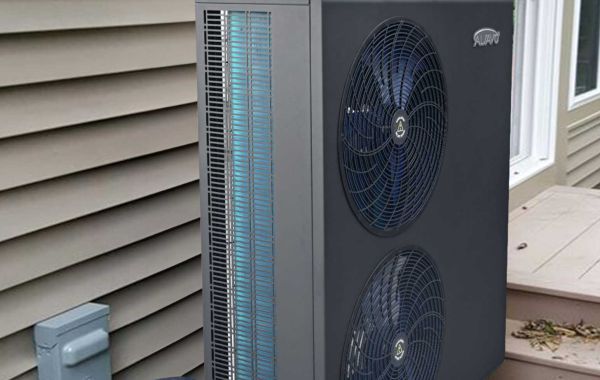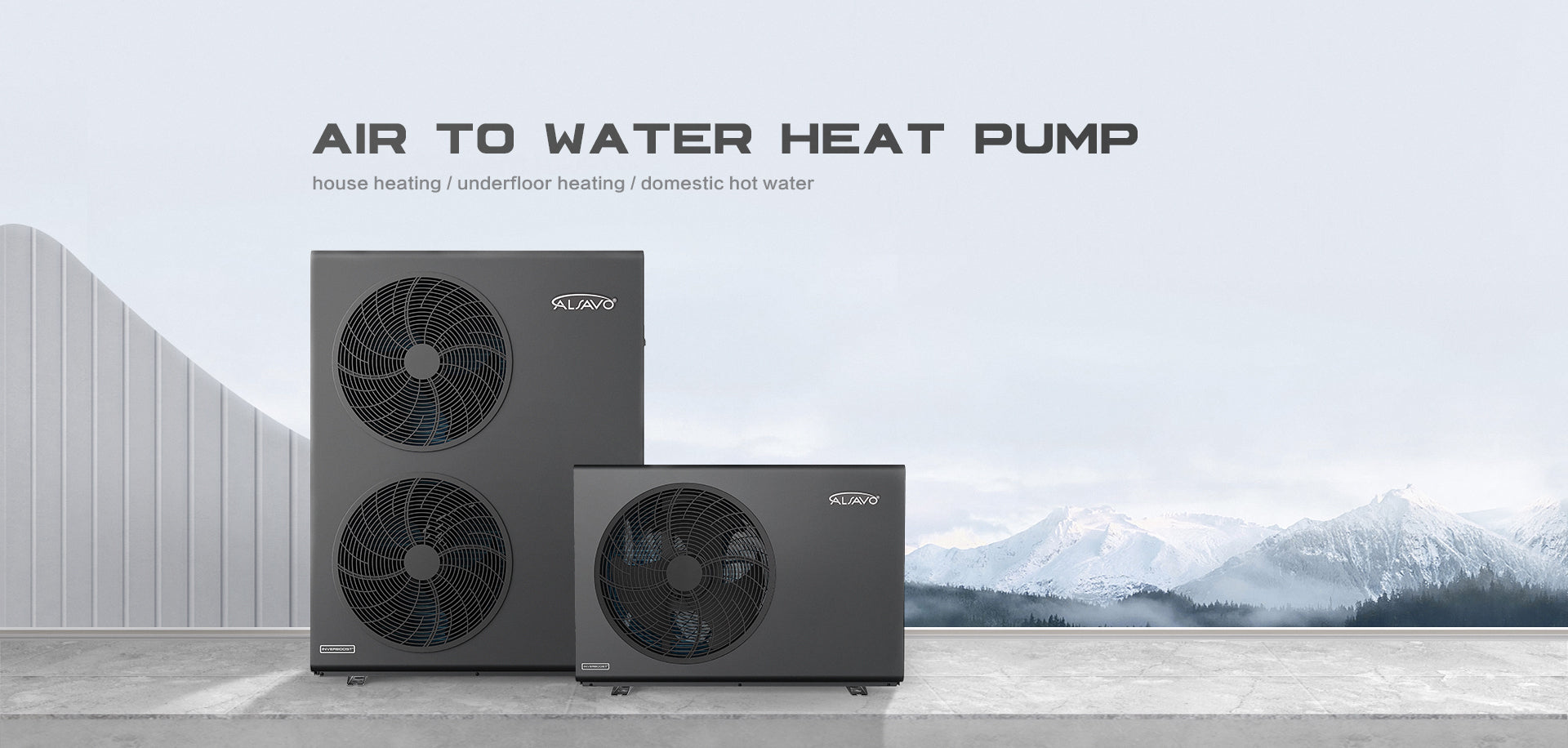In today's world, the demand for sustainable and renewable energy sources is growing rapidly. As we strive to reduce our carbon footprint and combat climate change, the integration of renewable energy technologies into various sectors has become essential. One significant area where renewable energy meets practical application is in heating, ventilation, and air conditioning (HVAC) systems.
This article explores the crucial role of HVAC technicians in implementing renewable energy solutions and advancing heating engineering practices.
Renewable energy sources, such as solar, wind, geothermal, and biomass, offer a clean and sustainable alternative to conventional energy sources in HVAC systems. These sources provide the opportunity to reduce greenhouse gas emissions, decrease reliance on fossil fuels, and minimize environmental impact. Integrating renewable energy technologies into HVAC systems requires skilled professionals who specialize in both renewable energy and heating engineering.
HVAC technicians play a vital role in the design, installation, and maintenance of HVAC systems.
With the increasing emphasis on renewable energy, these technicians need to possess knowledge and expertise in integrating renewable energy sources into heating systems. They are responsible for assessing the energy requirements of a building, selecting appropriate renewable energy technologies, and ensuring seamless integration with the HVAC system. This includes understanding the unique characteristics of each renewable energy source and its compatibility with heating engineering principles.
To effectively incorporate renewable energy into HVAC systems, HVAC technicians often collaborate with renewable energy specialists, such as solar panel installers, wind turbine technicians, and geothermal experts. This interdisciplinary approach ensures a comprehensive understanding of renewable energy technologies and their interconnection with HVAC systems. By working together, HVAC technicians and renewable energy specialists can optimize energy efficiency, system performance, and overall sustainability.
As renewable energy technologies continue to evolve, HVAC technicians must keep up with the latest advances and industry standards. Some areas still have primitive ways of heating and need to consider how to design the most suitable heating installation for them, such as a heat pump.
Continuous training and skill development are crucial to staying updated on emerging renewable energy solutions, equipment, and installation practices. HVAC technicians should undergo specialized training programs that cover renewable energy integration, system design, energy management, and troubleshooting. This enables them to confidently handle the complexities of renewable energy-based HVAC systems and provide optimal solutions to clients.
For example, the latest heat pump heating technologies include air-source heat pumps (air-to-air heat pumps, air-to-water heat pumps), and the combination of different heat pump heating technologies and heating engineering will have different heating unique points and installations. Alsavo Inverboost air-to-water heat pump uses a different heating cycle technology, which can be connected to home construction heating and pool heating with very high heating efficiency.
The integration of renewable energy sources into HVAC systems has revolutionized heating engineering practices.
HVAC technicians, working alongside engineers, are at the forefront of developing innovative heating solutions that harness the power of renewable energy. This includes the design and implementation of solar thermal systems, ground-source heat pumps, biomass boilers, and hybrid heating systems. These advancements not only enhance energy efficiency but also contribute to sustainable heating practices and reduced carbon emissions.
HVAC technicians play a pivotal role in the successful integration of renewable energy into heating engineering practices.
Their expertise in HVAC systems, combined with a deep understanding of renewable energy technologies, enables them to create sustainable heating solutions that benefit both the environment and end-users. As renewable energy continues to gain prominence, the role of HVAC technicians will become increasingly vital in driving the adoption of renewable energy sources and shaping the future of heating engineering. Through ongoing training and collaboration with renewable energy specialists, HVAC technicians are well-positioned to contribute to a greener and more sustainable future.
In conclusion, the integration of renewable energy sources in HVAC systems is a crucial step toward achieving sustainable and efficient heating solutions. HVAC technicians, as the key professionals in this field, play a vital role in implementing renewable energy technologies and advancing heating engineering practices. Their expertise in HVAC systems, combined with a deep understanding of renewable energy sources, allows them to create innovative and environmentally friendly heating solutions.
As we look to the future, the demand for renewable energy-based HVAC systems will continue to grow. HVAC technicians need to stay updated on the latest advancements in renewable energy technologies and undergo continuous training to provide optimal solutions to their clients. By collaborating with renewable energy specialists, they can harness the full potential of renewable energy sources and maximize energy efficiency in HVAC systems.
In this journey towards sustainable heating, one notable player in the market is Alsavo. Alsavo heat pump specialists offer a range of high-quality heat pumps that combine cutting-edge technology, energy efficiency, and reliability. Their heat pumps are designed to integrate seamlessly with renewable energy sources, providing efficient heating solutions for residential, commercial, and industrial applications. With a commitment to sustainability and customer satisfaction, Alsavo is dedicated to creating a greener future by reducing energy consumption and minimizing environmental impact.
Whether it's a geothermal heat pump, an air-to-water heat pump, or a hybrid system, Alsavo provides innovative solutions that meet the diverse needs of customers. Their products not only deliver superior heating performance but also contribute to significant energy savings and a reduced carbon footprint.
Investing in an Alsavo heat pump means embracing renewable energy, reducing energy consumption, and contributing to a more sustainable planet. With their expertise and dedication to excellence, Alsavo is a trusted partner in the quest for efficient and eco-friendly heating solutions.
In conclusion, the collaboration between HVAC technicians and renewable energy sources in heating engineering has the potential to revolutionize the way we heat our buildings.
With the expertise of HVAC technicians, the advancements in renewable energy technologies, and the commitment of companies like Alsavo, we can move towards a future where sustainable heating is the norm. Let us embrace the power of renewable energy and work together towards a greener and more sustainable world.
For more information and discussion, feel free to contact the Alsavo heat pump manufacturer for an unfettered quote.










